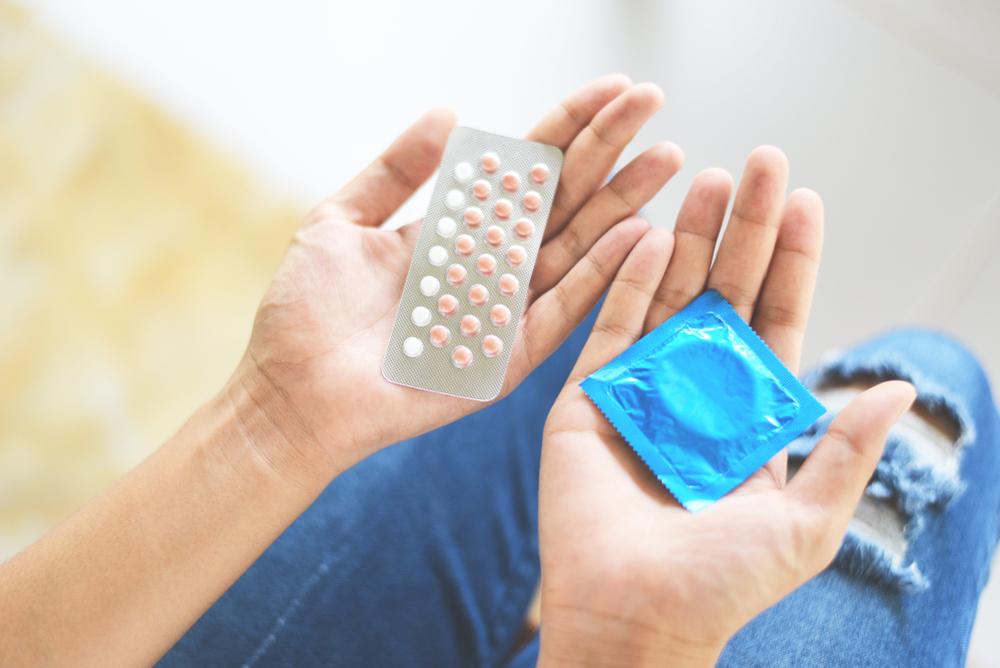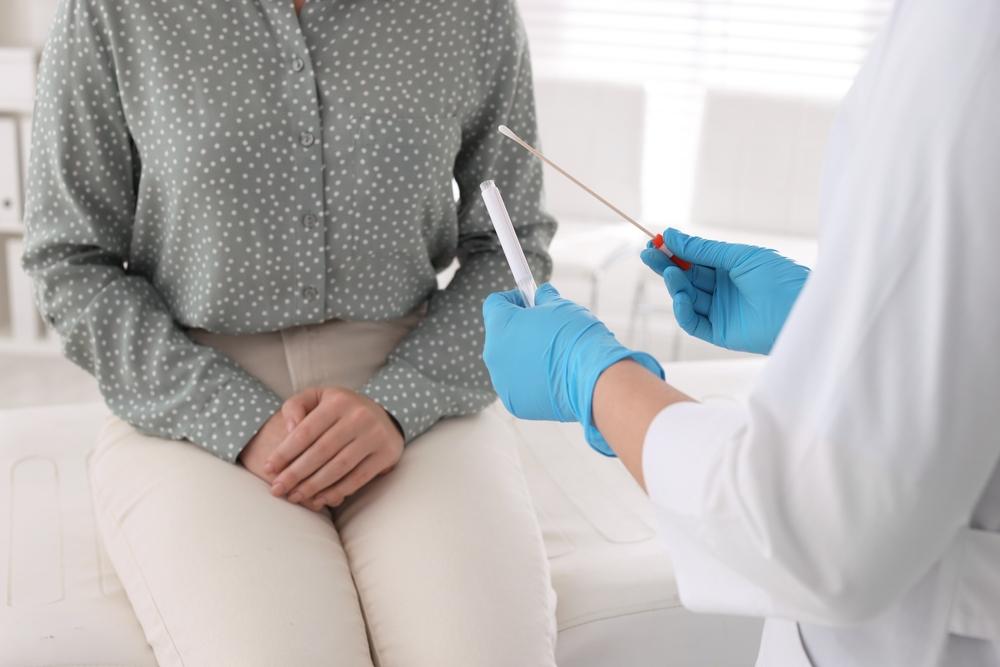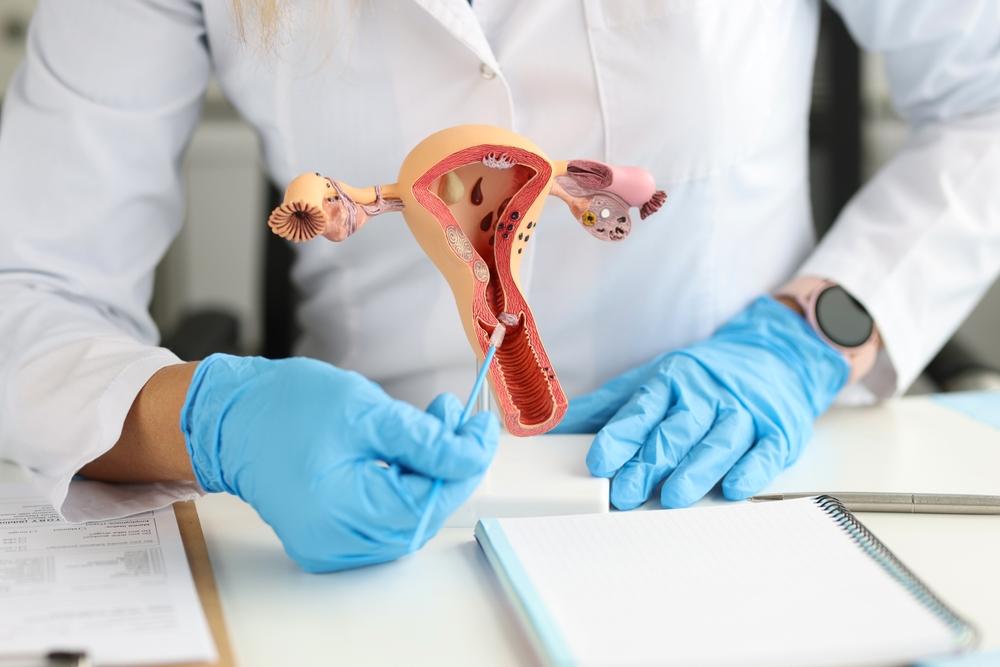We women are often reluctant to discuss sex, which has an impact on crucial discussions about our sexual health. Being in good sexual health means you are well-informed and aware of the happenings in your body. Missing out on important conversations about our sexual health can be detrimental as it’s a big part of our life.
However, despite advances in technology, socially constructive beliefs and other factors continue to make it difficult for the vast majority of females to discuss their sexual health. It’s stigmatised to a point where even women themselves never want to talk about it, even though it means risking their own health and hygiene. We hope this article can be helpful to you if you face similar difficulties.
We’ve invited Dr. Khine Khine Lwin, a lecturer from the International Medical University’s (IMU) School of Medicine, to share her insights on the questions that may be lingering in your mind. Dr. Khine previously served in Sarawak as a house officer and medical officer in obstetrics and gynaecology.

Safe sex practices include contraception use as well as lifestyle changes to reduce the risk of infection with sexually transmitted infections.

Are there any safe sex practices or contraceptions for women as how men have the option of using condoms?
Dr. Khine Khine Lwin: Safe sex practices include contraception use as well as lifestyle changes to reduce the risk of infection with sexually transmitted infections (STI) such as HIV, herpes, syphilis, trichomoniasis, chlamydia, and gonorrhoea.
Contraceptive methods available include barrier methods (male condoms, female condoms, diaphragm, cervical cap), oral contraceptive pills, injectable hormones, hormonal implants, and intrauterine contraceptive devices (copper IUD).
In addition to male condoms, female condoms, diaphragms, and contraceptive sponges also help to reduce the risk of STIs. However, other methods mentioned above like the pill, implants, and injections do not protect against infection with HIV.

Are there any ways for women to improve their sexual performance?
Dr. Khine: A healthy lifestyle is the key to sexual satisfaction. Studies have shown that confidence in body image, stress, poor psychological well-being, medical problems, cultural beliefs, and relationship problems contribute to sexual dissatisfaction. Therefore, maintaining a healthy body image and relieving stress is a good start to improving the sexual experience.

It’s always good to talk with your partner about each other’s wants and needs. From there, many things can be done to spice up the bedroom, from foreplay to the use of toys.
Some drugs such as Flibanserin and Bremelanotide are approved by FDA (The United States Food and Drug Administration) for patients with decreased libido but are currently not licensed in Malaysia.
Are there any preventative vaccines for Sexually Transmitted Infections?
Dr. Khine: Currently, there are effective vaccines against the human papillomavirus (HPV) and hepatitis B virus. While the Hep B vaccine has been around for decades, the HPV vaccination was added to the childhood immunisation programme for girls in 2010. HPV is a virus with different subtypes/strains. Some strains cause genital warts. High-risk HPV strains increase the risk of developing cervical cancer in the future if not treated. Some HPV vaccines cover 2 strains (bivalent), some 4 strains (quadrivalent), and 9 strains (nonavalent). The HPV vaccine is not only recommended for women to reduce the risk of cervical cancer but also for men as it also helps to reduce the risk of penile and anorectal cancers
What are your thoughts on the terms Sexually Transmitted Diseases (STD) and Sexually Transmitted Infections (STI)?
Dr. Khine: The term sexually transmitted infections (STIs) is often used these days as an infection does not always lead to disease and the term STD has a very negative connotation to it. So, people are extremely shy to talk about it or seek treatment.

What are some of the sexual health issues women face?
Dr. Khine: It is estimated that about 40 percent of women may face various sexual health issues throughout their lives.

Women may have issues with decreasing desire (libido), inability to feel aroused (excitement), difficulty achieving orgasm, or pain during sex. They may have one or a combination of these issues. The problem lies in identifying what causes these. There are myriad factors. Psychosocial factors include stress, poor mental health, relationship problems, cultural beliefs regarding sex, and partner problems (erectile dysfunction). Gynaecological problems include childbirth and menopause which is due to low oestrogen levels, pelvic pain (due to endometriosis, pelvic inflammatory disease), and vaginismus (involuntary spasm of vaginal muscles). Obesity, other medical problems such as diabetes, and medications can also lead to sexual health issues.
Why do women experience a decrease in libido as they age?
Dr. Khine: As a woman approaches menopause, the function of the ovaries declines and the hormone oestrogen starts to decrease. Without oestrogen, there is a decrease in libido and the woman may also experience dryness in and around the vagina which can make sex an unpleasant experience. A peri-menopausal woman may also experience other personal, relationship, and social problems as well as other health issues which contribute to this.

As a woman approaches menopause, the function of the ovaries declines and the hormone oestrogen starts to decrease.
Are there any treatment options available for women who are experiencing challenges in their sexual performance or sexual health?
Dr. Khine: Identifying the exact cause is the first step in treatment. Chronic pelvic pain due to endometriosis, can be treated with hormonal medications and if those do not work, surgery is an option. For a menopausal woman with dryness over the vulva and vagina, oestrogen creams can be applied to maintain the effects of oestrogen over those areas. If they have more severe symptoms of menopause like hot flashes or feeling emotionally unstable, then menopause hormone therapy (formerly known as hormone replacement therapy) is an option. Before starting any medications, we need to ensure that it is safe for her to take the medication.
Medications to improve libido such as Flibanserin and bremelanotide are approved by FDA but are currently not licensed in Malaysia.

Can medications impact a woman’s desire for sex?
Dr. Khine: Definitely! Many medications can cause a reduction in libido. Antidepressants (for depression), antipsychotics (for psychosis and some sleep disorders), beta-blockers (high blood pressure), anti-oestrogens (to treat breast cancer) and GnRH agonists (for endometriosis, and fibroids) can all cause reduced libido.
For a better understanding of their sexual health, who can women speak to for reliable and safe advice?
Dr. Khine: It’s best to seek advice from qualified health professionals as there are many myths. Unfortunately, sexual health is still a rather uncomfortable topic for most especially topics pertaining to sexual performance. It’s not necessary to seek out a gynaecologist immediately. Family physicians whom the woman is comfortable with, are equipped to advise on general sexual health but further referral to the gynaecologist may be required if a gynaecological problem is suspected.













